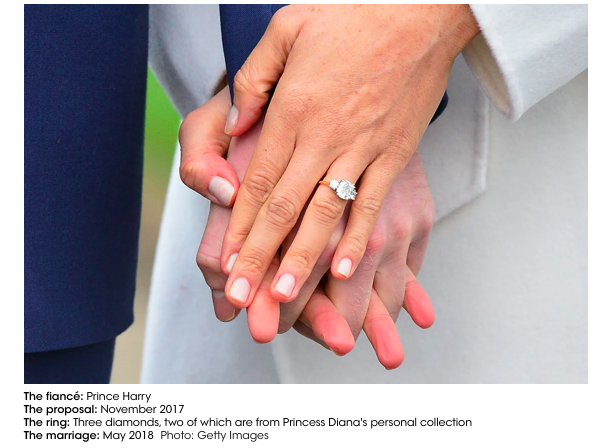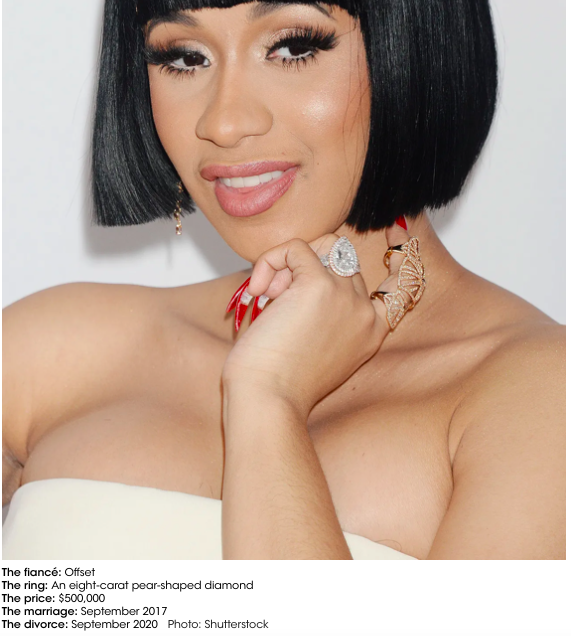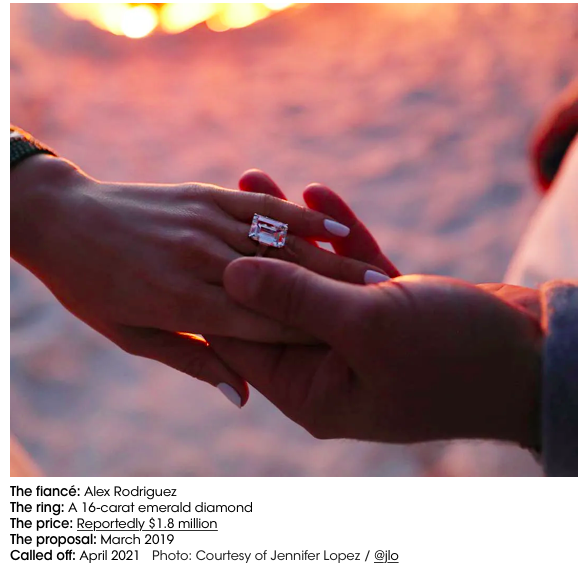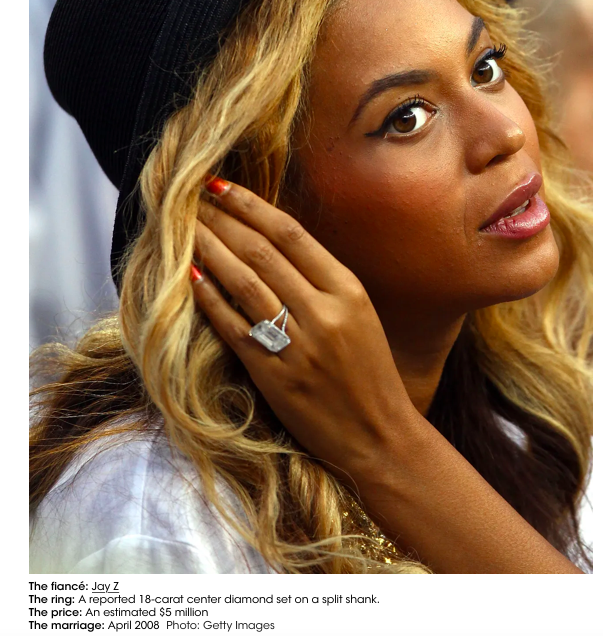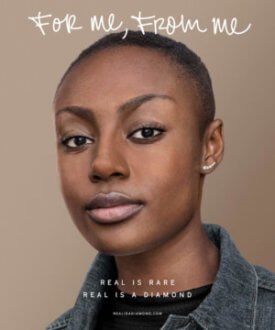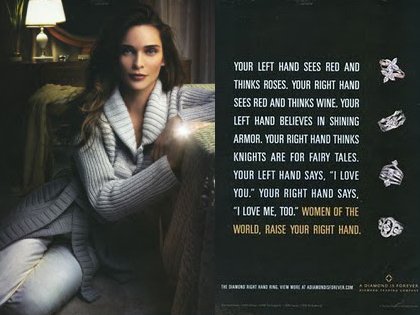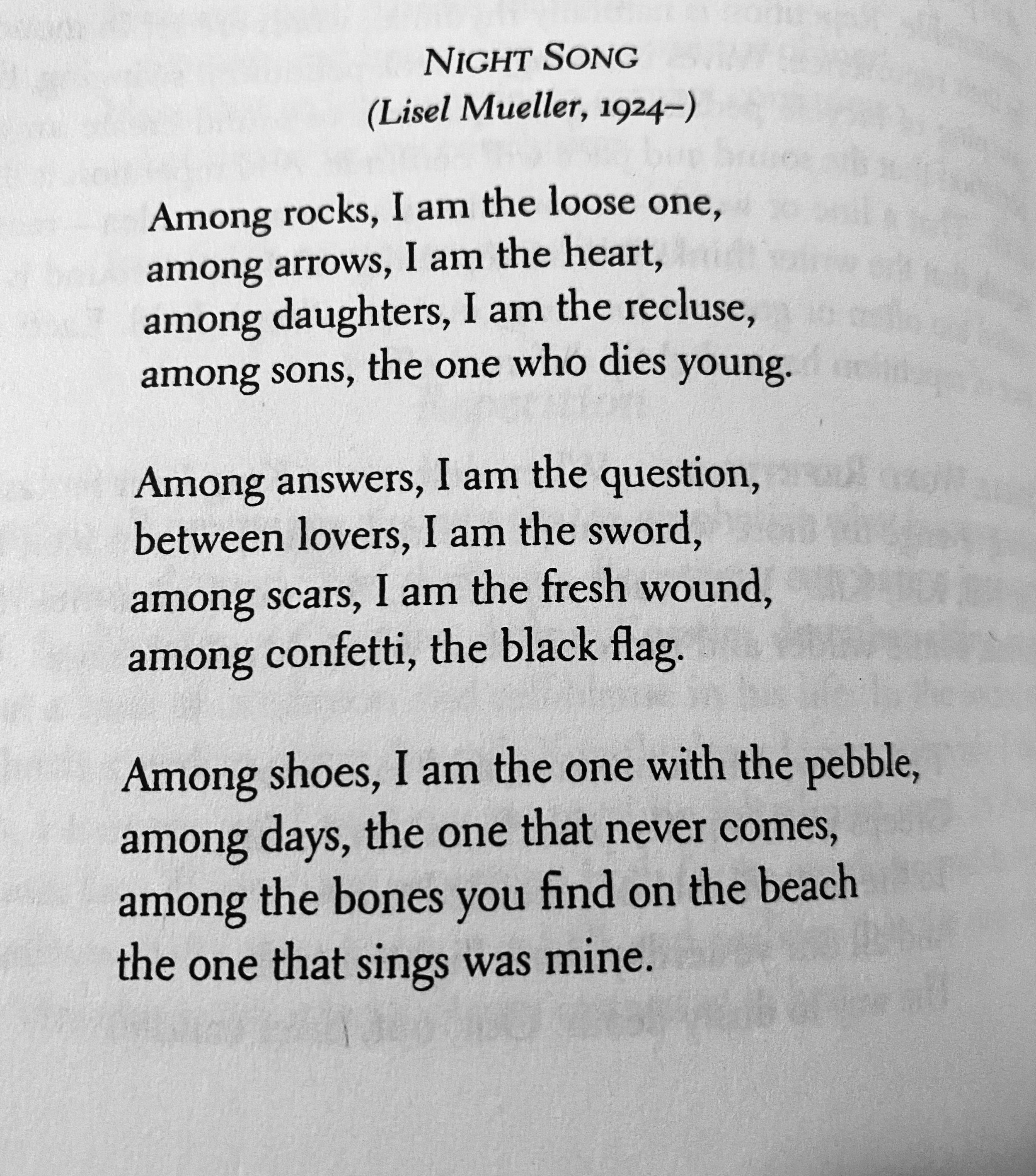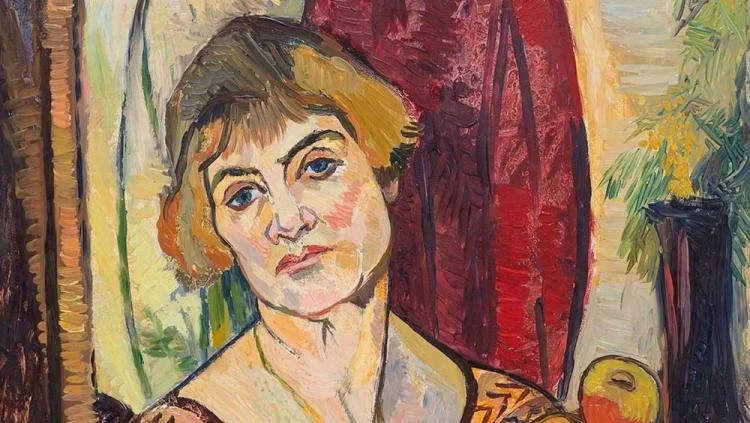Initially, I had planned to be an alchemist.
This is what my Romanian father said when I asked him why he became a metallurgist. The esoterics of alchemy inflect Romanian poetics, particulary that of the interwar avant-garde movements.
The desire to create an immortal metal exists in poetry as well as science. The poem changes forms in translation, acquires the burden of new borders, new customs, new contexts that the foreign reader can't access. I've been wandering through Romanian surrealism lately, and leaning into the alchemical in a recent series of poem-dialogues with the poets of the interwar period.
The backstory matters.
WHO IS GHERASIM LUCA?
Born in Bucharest in 1913 as Zollmann Locker, Gherasim Luca was a Romanian Jew who survived the Antonescu's fascist Iron Guard regime only to flee the rise of the Communist regime for Paris in the 1950s, where he helped to found the Romanian Surrealist group, an assemblage of un-Breton-like writers and artists who deserve more attention. (More specifics on this under Bucharest Surrealists.)
In 1931 and 1932, as neo-fascist nationalism gained ground in Romania, Luca worked with other Bucharest writers to create two ephemeral magazines with scandalous titles, namely Pula («Dick/Penis») and Muci («Boogers»), which were sent to some important personalities of the time, such as Nicolae Iorga, considered by many to be an intellectual apostle of nationalism. In response, Iorga called the police to arrest “the gang of the spoilers of writing”. So Luca and his fellow journal editors were were arrested and imprisoned for several days on the accusation of pornography.
Throughout the 1930's, Luca continued to publish his radical work in countless literary journals. where Ovidiu Morar says "he vehemently denounced the exploitation of the proletariat, the officially encouraged anti-Semitism, the fascist danger, and the increasingly threatening specter of the war, meanwhile sustaining the idea of an «engaged» (or «revolutionary») literature." He laid himself out as the primary theorist of "proletarian poetry" in a series of articles published in 1935 in the left-wing magazine Cuvântul liber.
Per Morar, Luca thought "proletarian poetry (which was opposed to the «pure» poetry, considered to be in the service of the dominant class) had to reflect the deep contradictions of the bourgeois society, in other words, the motor had to be the class struggle." The anti-bourgeois and anti-aestheticist tone of "Poem of the Gentle People" lays out the tension between exploiter and exploited so well:
I know at last the infamy of the gentle people
I know those people with wet and round hands, ready to caress everybody
I know also their thin and smiling lips that always have one or two words of pity, of caress
oh, thin and infamous lips, against which I should write all my poems
thin lips, smiling lips, made for touching the forehead, for saying a prayer
Luca ends this poem with the following warning:
comrades,
the robbers who break in the house at night to steal
are just as dangerous, either masked or with uncovered faces
their masks, their smiles, their words of priest and god
must be once for good unmasked
THE BUCHAREST SURREALISTS
In 1938, Gherasim Luca left for Paris, where he met André Breton and other members of the French surrealist group, but the outbreak of the war forced him to return to Bucharest, where he settled, together with Gellu Naum, forming what would later be known as the Bucharest surrealist group (the other members were the poets Paul Paun and Virgil Teodorescu, and the painter Dolfi Trost). Otherwise, the adverse political context (the setting up of Antonescu’s fascist dictatorship and his alliance with Hitler) forced the group to suspend its activity by the end of the war (besides their communist sympathies, Luca, Păun and Trost were Jews).
The Bucharest Surrealists were active between 1940 and 1947, and they openly critiqued Breton's Parisian surrealists for giving up on revolution in the name of a dicta, a replicable formula or style that put value in the repetitious techniques as avenues for truth rather than revolt. Fijalkowski notes that the Bucharest surrealists were mostly writers, and the painters connected with them, Brauner and Hérold, spent this period in France.
The group would explore a range of explicitly anti-aesthetic (in Luca and Trost’s words, “aplastiques, objectifs et entièrement non-artistiques” ‘aplastic, objective and totally non-artistic’) visual practices. Notable among these was the domain of the object, developed in particular by Luca during the early 1940s with his notion of the “Objectively Offered Object,” a game in which found and constructed objects might act as lightning rods for interpersonal exchange, sorcery and divination; Luca’s account of this experience Le Vampire passif is illustrated with a number of such assemblages. (1)
November 1940 saw a huge earthquake in Bucharest (which Luca described in The Passive Vampire), so collapse was always part of living, creating, divining for him. The architecture of existence resembled the fractures of a street during earthquake.
CUBO-MANIA
Around August 1944, when the fascist wartime regime fell apart in Romania (a topic that deserves an entire book) that Luca came up with his method of "cubomania":
A collage in which source material is sliced into precise squares and reassembled as small grids of tessellated papers, its formal economy masks an ambitious conceptual framework that makes the process not only unique within surrealist collage practice but also one of the most theoretically-driven instances of surrealist image-making. Two exhibitions in Bucharest, in 1945 and 1946, and a pair of small publications – one, Les Orgies des quanta, devoted exclusively to the cubomania – presented the first results to the public.
The war wasn't over. The catastrophe changed shape and continued. Luca, himself, had been forced to work as a street cleaner, clearing away rubble and bodies after bombardments. (Note to self: a link between this and Antoine Volodine's rubble-cleaner as a form of metaphysical and social innocence.)
Statements co-authored with Dolfi Trost in 1945 insist "their visual works, far from constituting an artistic practice of the kind that Dialectique de la dialectique critiqued, should be read as the visible signs of a revolutionary theoretical program." 1945 also saw the publication of The Passive Vampire, where Luca defined the objectively offered object as "an object made while thinking of the person to whom it was intended," allowing it to serve as a vehicle for intimate or intellectual exchanges which can be reinterpreted, almost an icon, a space for apocalyptic thought. (See, for example, "Le lettre L".)
"We agree with dream, madness, love, and revolution," they wrote, against class and poverty and death. Towards delirium, weeping, somnambulism, the concrete,the absurd, desire, hysteria, furs, black magic, "the dialectics of the dialectic", simulacra, flames, vice, "objective chance," cryptaesthesia, and bloodstains. Towards ecstasy. Towards a permanent revolutionary state, Luca said, "The cubomania denies. The cubomania renders the known unknown." It negates the images that oppress us, and one can discern a critique of consumer culture and the modern nation-state in this, I think.
Late nineteenth century engravings, reproductions of early twentieth century academic or impressionist-style paintings, and contemporary mass-media photographs of nudes, the three sources of the cubomanias of the 1940s, together span an era of the previous fifty years whose structural integrity had failed (Luca’s project echoing in more violent and pessimistic form Walter Benjamin’s archaeology of the outmoded fragment or ruin).
And Morar translates Luca's statements on cubomania from Inventatorul iubirii:
this vibrating mixture of fragmented women, unknown or partially known, and that are attracted to me with an irresistible force, in circumstances without equivalence in the ready-made world of the current or exceptional phenomena, but that remind sometimes of the processes of displacement and condensation suffered by the phenomena of the dream life.
These bodies of women dynamited in me, fragmented and mutilated by my monstrous thirst for a monstrous love, have at last the liberty to search and find outside the marvelous from the bottom of their being, and nothing will make me believe anything but the fact that love is this mortal entrance in the marvelous.
INFRA-NOIR
In January 1945, Dolfi Trost and Gherasim Luca exhibited their mixed media work. One month later, a similar mixed media surrealist exhibit featured Paul Păun's work.
But the big date was in the fall of 1946, when Infra-noir happened, including work from Dolfi Trost, Gherasim Luca, Paul Păun, Virgil Teodorescu, and Gellu Naum. The text they selected to represent this event, "Chercher le triple sur les ruines du double" ("Seek the triple on the ruins of the double"), spoke directly to the desire to negate its own negations:
Infra-noir was initially intended to be an international survey of surrealist art, an ambition frustrated by the precarious state of communications in Europe at that moment, and there is a sense in which the works on display, and the cubomania in particular, not only had to stand in for those from the absent international movement, but already to start the work of their inevitable critical dépassement.
Significantly, the group’s contribution to the 1947 International Surrealist Exhibition in Paris was not with artworks, but with a text proposing a great, pitch- black room in which to encounter unknown objects (Luca, Naum, Păun, Teodorescou, and Trost, “Le Sable nocturne”). After the war, however, Luca continued to pursue a number of visual experiments, such as fragile and meticulous drawings constructed from constellations of dots, and intriguing text/image dossiers in which found albums of photographs were re-energized by new poetic captions.
Unlike Tristan Tzara's sarcastic absurdism and near-nihilism, the Bucharest group thought randomness- for-randomness' sake was fruitless; their approach was both critical and dialectical procedure. When Tzara and his friends visited Bucharest in November 1946 for the Infra-Noir, Luca and a few others sent him an insulting letter saying as much. I think of ceremony and play, using dialectic to negate the negation, the revolt against perception could be seen and applied to consumerism. I think of the grave yard stickers on the backs of trucks and cars.
The surrealist commitment to epistemological rupture carried an ontological component for the Bucharest surrealists. In 1947, Luca carried the Infra-noir further with Le Secret du vide et du plein: "Replace the real by the possible and anticipate their confusion . . . To forget forgetting, to triple the double, to void the void, is to invent plenitude in its movement."
Luca married Micheline Catti and collaborated with her. He stayed busy in Paris; he stayed in the orbit of artistic happenings, including his presence in Fluxus events like the Festum Fluxorum, Paris December 1962, or the 1957 painting Bouquet made in collaboration with Beat poets Allen Ginsberg, Gregory Corso, and Peter Orlovsky.
Also, to quote Morar again:
Another, more tentative, source with Romanian connections – not that Luca would have cared for enquiries along such nationalist lines – is a photographic album by Benjamin Fondane from the 1930s, in which either rational or arbitrary selections of images are arranged in loose, playful grids on black backgrounds. The album has only recently become known through its inclusion in the exhibition and catalogue La Subversion des images (Bajac 206-07), but it seems plausible that, as fellow expatriates and friends of Victor Brauner, Fondane and Luca may have discussed the work during the latter’s stay in Paris at the end of the 1930s. (2)
42 INFRA-NOIR OBJECTS
All of this, perhaps, is the context for my poetic series, 43 Infra-noir objects, which draws on collage forms. Each object contains traces from the writings of those who participated in the Infra-noir exhibit. Rather than invoke these ghosts by name within the poem, I engage them in the ruins of their own words, in the collision and collapse of meaning, in the images that continue to divide us.
I am grateful to Poetry at Sangam for giving these three untitled pieces from the series a home—and to Priya Sarukkai Chabria, for making space for them among the other fascinating voices.
END-NOTES AND ADDENDA
(1) Fijalkowski, Krzysztof. "Cubomania: Gherasim Luca and Non-Oedipal Collage." Dada/Surrealism 20 (2015): n. pag. Web. Note also collaborations with artists were a notable aspect of Luca’s activity from the 1950s onwards, and his books featured contributions and exchanges with figures such as Victor Brauner, Jacques Hérold, Matta, Max Ernst, Wifredo Lam, Jean Arp, Dorothea Tanning, and above all with his wife Micheline Catti.
(2) Ovidiu Morar looks at Deleuze's love for Luca, particularly the stutter of the "schizoid-revolutionary" as opposed to the "paranoid-fascist", the reading of which is very common right now. He brings in the poem, "Niciodata destul," or never enough, which developsfrom phonemes and fragments in the word "proportional", which Lucas decomposes and subverts against nationalism, anti-semitism, and war. "popor" and "prop" get close, the last line being "de popor proportional."
(3) Veronica Porumbea was also a Romanian-Jewish poet. Unlike Celan, she had no trouble following Party lines in her writing. She worked as a translator and stayed publishable throughout. And there is the romance of prisons, perhaps, the way my heart assumes what is imprisoned is always the goodness, the lone voice – and what is criminal is the system, those who run the Writers Union, who owned the arts funding, who tell us that natives should be valued over immigrants. The risk of power— the risk of being at the top—comes with purges.















